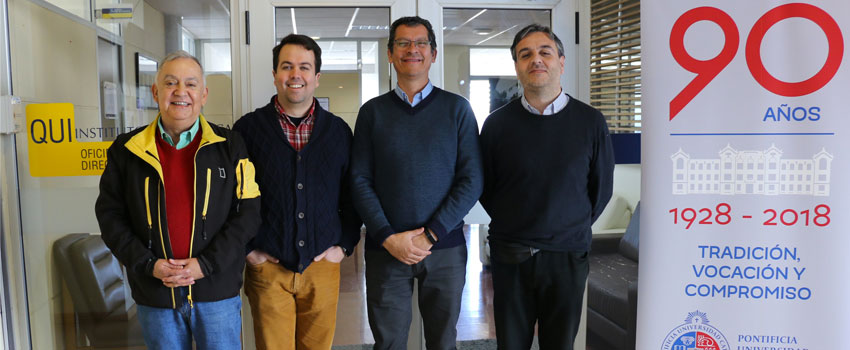
The internship took place at the Chemistry Institute of the Pontifical Catholic University of Valparaíso.
Within the framework of actions linked to the generation and implementation of technological resources for science education, ULS academics, Francisco López and Claudio Palma, from the Department of Biology, and Carlos Urrutia, from the Department of Education, carried out an internship two days in the Chemistry Didactics Laboratory of the Chemistry Institute of the Pontifical Catholic University of Valparaíso.
The objective of this internship was to generate learning sequences aimed at incorporating augmented reality into secondary education content. On the occasion, the academics were able to work with Dr. Cristian Merino, in particular areas linked to research in science didactics and development of teaching-learning experiences linked to the use of technological resources as mediators of learning in science.
Professor Francisco López, director of the project, pointed out that “this visit was established within the framework of the set of LIITEC-ULS national research internships scheduled for this year, taking into account the strategic alliance with the Chemistry Didactics Laboratory of the Institute. of PUCV Chemistry, and allowing progress in the development of theoretical frameworks linked to the representations of science that high school students construct, as well as qualifying the work carried out by LIITEC in the design of teaching and learning experiences.
For Professor Urrutia, the experience was highly valuable to the extent that “it constituted a unique opportunity to evaluate the progress of the LIITEC-ULS project, in terms of the review and analysis of measurement instruments linked to both the implementation of resources "technological tools with augmented reality, as well as the measurement of representations of particular biology content in high school students." This, he added, paying special attention to the importance of “feedback the processes of design and development of technological resources of the laboratory, and which are in charge of Dr. Mauro San Martín, academic of the Department of Mathematics of our institution.”
The internship has made it possible to verify the quality of the work carried out by LIITEC, given the permanent need to submit the different products involved in the project to the judgment and analysis of external specialists. In this sense, Professor Claudio Palma emphasized the relevance of carrying out field experiences that make it possible to come into contact with specialists in the subject, valuing the opportunity to access it, “especially in the face of the need to adequately guide the development of learning sequences linked to the technological resources that LIITEC generates.”
Currently, the LIITEC-ULS project is on the verge of beginning field work, aimed at determining the impact of the incorporation of augmented reality on the representations that high school students have regarding biology content. This is part of the collaboration agreements signed by the laboratory with the Gregorio Cordovez and Gabriela Mistral high schools in La Serena.

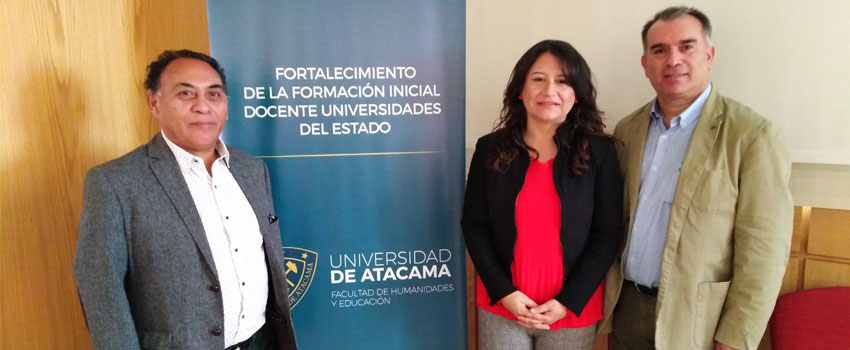
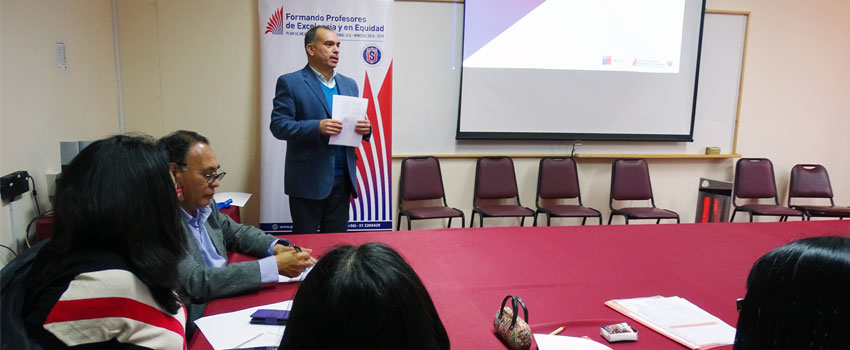
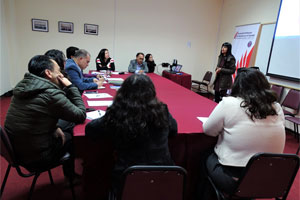 Its actions include various activities linked to promoting the increase in pedagogical knowledge that effectively contributes to developing research skills in teachers in training and in service, as well as to improving the quality of education.
Its actions include various activities linked to promoting the increase in pedagogical knowledge that effectively contributes to developing research skills in teachers in training and in service, as well as to improving the quality of education.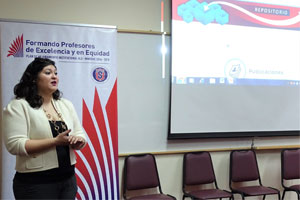 Likewise, there was the participation of Dr. Haylen Perines, researcher at the UGIP, who referred to the relevance of educational research in teacher training, and with the presentation of librarian Francia Meza, who announced the development of a Digital Repository, which will be worked on with the support of the ULS Library System. This space will gather information regarding applied pedagogical research topics (projects, publications, researchers and agreements) and is available in initial format on the website
Likewise, there was the participation of Dr. Haylen Perines, researcher at the UGIP, who referred to the relevance of educational research in teacher training, and with the presentation of librarian Francia Meza, who announced the development of a Digital Repository, which will be worked on with the support of the ULS Library System. This space will gather information regarding applied pedagogical research topics (projects, publications, researchers and agreements) and is available in initial format on the website 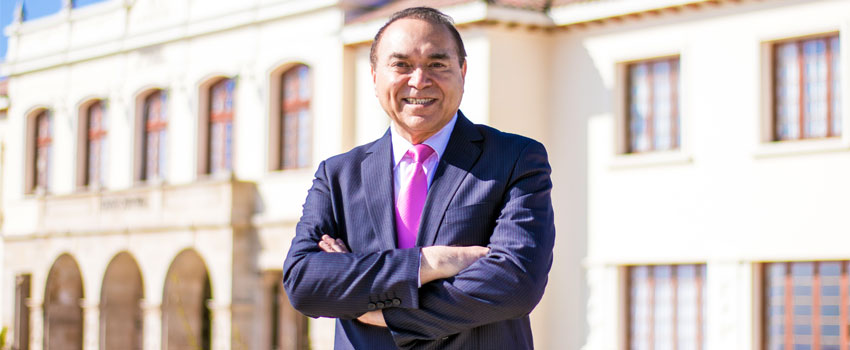
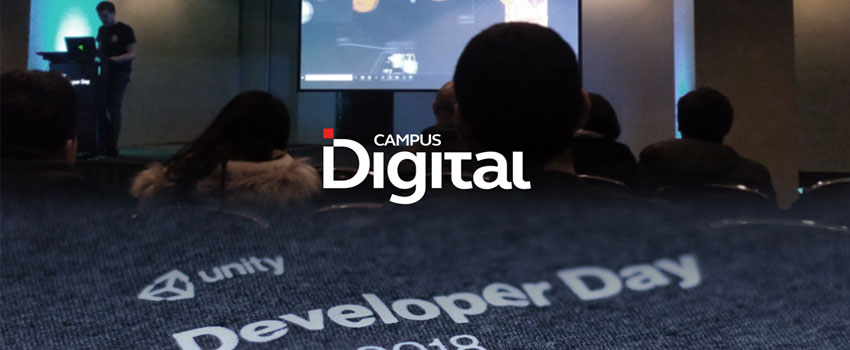
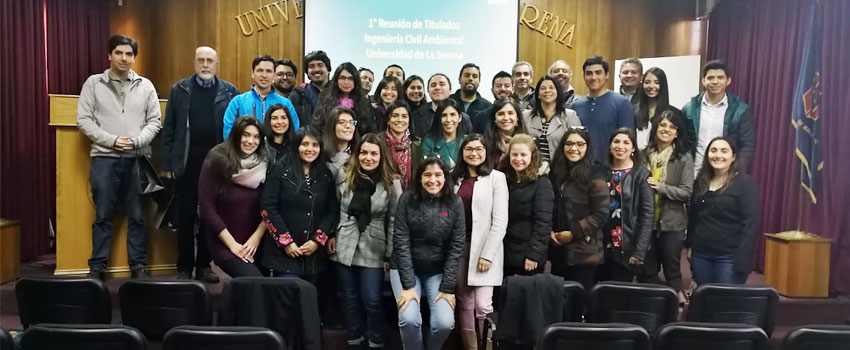
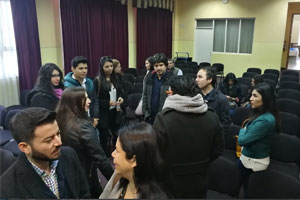 The meeting sought to strengthen the bond between colleagues and with the career, and included two interesting exhibitions related to the work experience and professional challenges of ICAs, with an outstanding career. Dr. Jorge Oyarzún, Director of the Department of Mining Engineering, and Dr. Ricardo Oyarzún, Coordinator of the ICA degree, attended as special guests.
The meeting sought to strengthen the bond between colleagues and with the career, and included two interesting exhibitions related to the work experience and professional challenges of ICAs, with an outstanding career. Dr. Jorge Oyarzún, Director of the Department of Mining Engineering, and Dr. Ricardo Oyarzún, Coordinator of the ICA degree, attended as special guests.